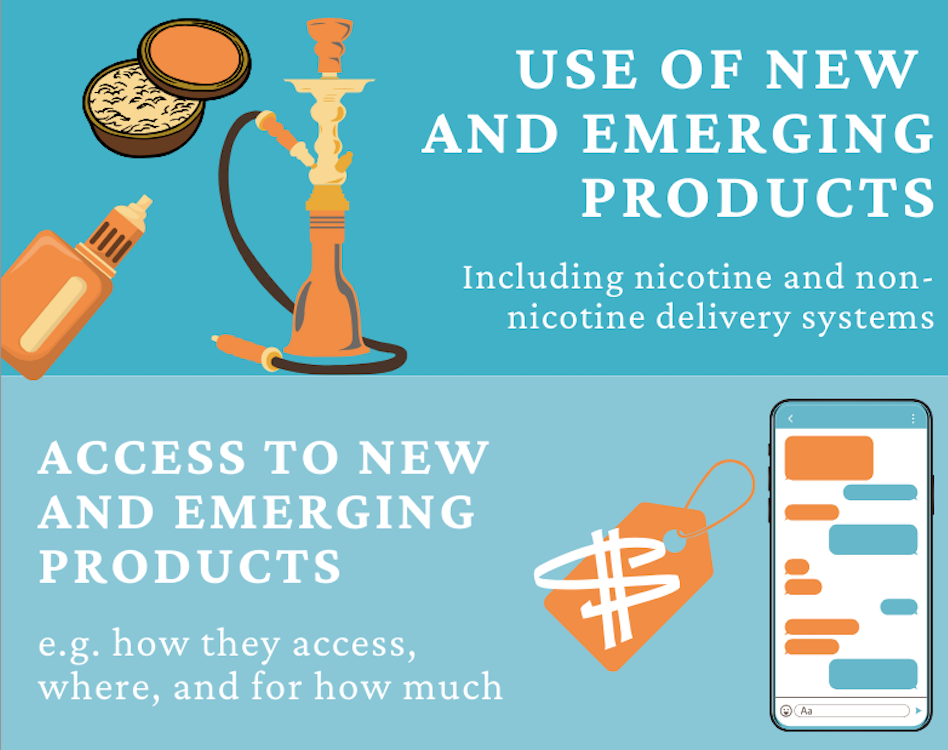Promoting Data Use within Changing Environments in Haiti
Eight years after the devastating earthquake, Haiti is in a unique position as it transitions from being the recipient of post-disaster humanitarian aid to pursuing stable, sustainable development. With this in mind, how can we make geocoded data easier to collect, analyze, and use as part of decision-making processes in the country? And how can data be used to prepare for future natural disasters?
To begin answering these questions, DG is partnering with the AidData Center for Development Policy and USAID through a buy-in to the Higher Education Solutions Network (HESN) Cooperative Agreement to support Haiti in building upon its existing Aid Management Platform (MGAE) to increase data use among government ministries and development partners as well as link geocoded data to disaster readiness training.
Launched this March, the two-year project aims to increase the availability, use, and uptake of Haiti’s geocoded aid data. We will develop a Haiti-specific AMP Offline module, enabling upload and data validation processes to continue even without an internet connection, and conduct an assessment of IATI donor data to be imported into MGAE. We will also work closely with Haiti’s Ministry of Planning and External Cooperation (MPCE) to facilitate South-South Cooperation, developing an AMP feature that tracks aid flows from donors from the Global South. Throughout the project, we will continuously provide learning opportunities for the MGAE team, as well as provide critical system upgrades to ensure optimal platform functionality.
Additionally, we will support several Haitian ministries to integrate AMP data into their yearly budgeting and planning processes. Expanding upon pilot trainings we delivered in 2017, we will conduct several workshops for government agencies and development partners to better understand and apply information from Haiti’s AMP GIS feature to improve disaster readiness as part of project planning. Even further, we will roll out trainings for sub-national actors in disaster-prone regions outside Port-au-Prince.
Since we began working with the Government of Haiti in 2009 – two months before it was faced with “the most destructive natural disaster of modern times” – we have seen firsthand how Haiti’s changing needs and shifting challenges have required the government to be agile, adaptive, and resilient. We look forward to continuing to support the MPCE in pushing towards data-driven decision making in Haiti: bolstering resilience and disaster preparedness, as well as building momentum for sustained change. In the coming months, stay tuned for more updates as we catalyze the adoption, tracking, and management of aid flows in the ever-changing Haitian context.
Curious about how your organization can get involved with the HESN Cooperative Agreement buy-in opportunity? More information on HESN is available here. The opportunity is available to missions looking to buy into activities such as assessments, evaluations, mapping, project design, research, and workshops/trainings.
Image credit: Ricardo Mangual Photography, Attribution 2.0 Generic
Share This Post
Related from our library

Economic Toll of Tobacco-Related Diseases in Kenya: New Research Findings
Development Gateway: An IREX Venture (DG) is pleased to announce the publication of a research manuscript on the Economic Costs of Tobacco-Related Illnesses in Kenya. This research was carried out as part of the Tobacco Control Data Initiative (TCDI) activities in Kenya and is part of a broader report on Morbidity and Mortality from Tobacco Use in Kenya.

Unlocking Africa’s Agricultural Potential: Introducing the Soil Nutrient Roadmap
For over a decade, Development Gateway: An IREX Venture (DG) has been at the forefront of digital agriculture, leveraging agricultural data to support input monitoring, value chain analysis, and farmer-centric governance models. With funding from the Gates Foundation, DG is launching the Soil Nutrient Roadmap (SNR), a cutting-edge initiative using geospatial data to estimate current and future soil and crop nutrient requirements.

Diving into the DaYTA Program’s Data Collection Process
This blog explores key insights from the DaYTA program, offering practical guidance for researchers on effective data collection, overcoming field challenges, and leveraging local partnerships to enhance tobacco control efforts. This piece is especially timely following DaYTA’s workshop convening all 3 study country stakeholders to review the survey results and strategize on how best to disseminate this data to target audiences. This workshop took place from in Lagos, Nigeria, from November 18-20th.